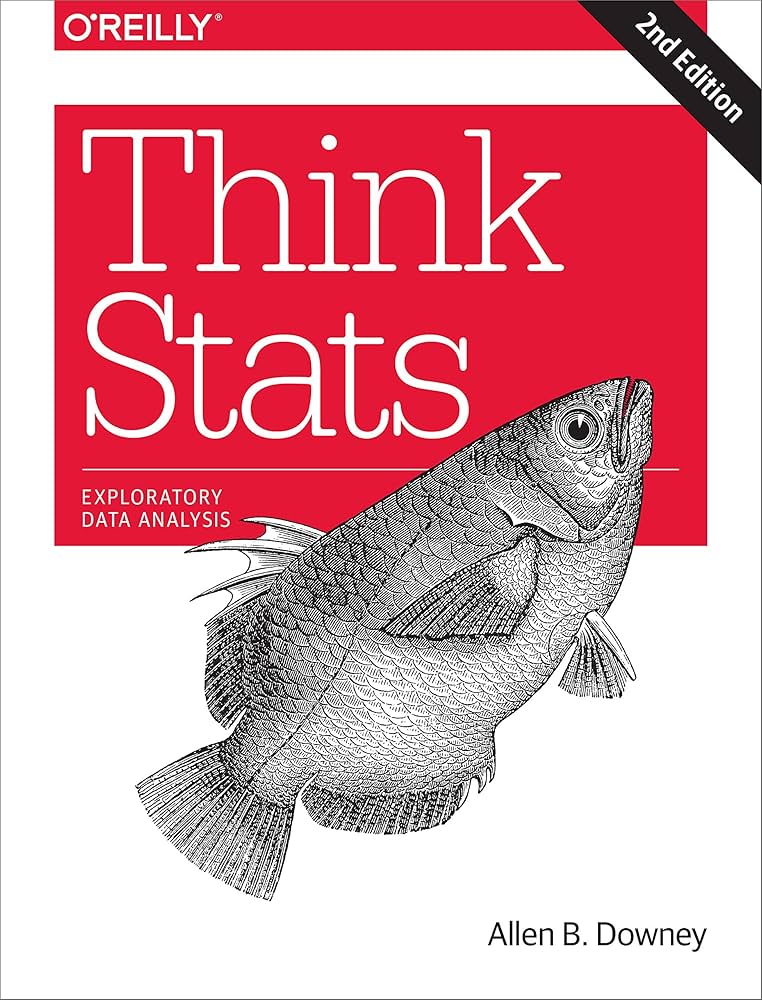Folks have been bashing this mentorship program because of Google’s recent track record of what some might call “anti-blackness” but it doesn’t seem like most folks read the materials. I did and I have concerns. 🧵👇🏾 
https://twitter.com/GoogleAI/status/1411090917440856070

Look at this. They say they will “desk reject”, as in not even READ your application, if it’s not max 2 pages, 8.5” by 11”, Times New Roman font, 1” margins, single spaced, in PDF format. This is more stringent than a grad school application and probably quite a few term papers. 

What else will they desk reject for? Including your contact information. That’s right. They will not even consider your application if it has your name in it. 

They ask that you be in college already, have a gpa above 2.5 and consult “faculty, advisors, writing centers...to review your statement before submission”...Their ideal candidate sounds like someone who’s doing great and has lots of support. WHY would this person need Google? 



Maybe the Google folks didn’t mean it this way but as written they’re saying, and I can’t stress this enough, that they will not even consider you for the mentorship program if you don’t articulate how your “lived experiences” will provide value to them. 

Overall, the language strikes me as being about what google wants than what the candidates need.
As a underrepresented minority in STEM, what I’m usually looking for in programs like this is: flexibility, acceptance and a sense that I’m valued and prioritized. If I don’t get that vibe then it comes across as just another system that’s not built for me.
I hope this thread is helpful to the team at google and folks who’re interested in doing something similar at their institutions.
• • •
Missing some Tweet in this thread? You can try to
force a refresh








